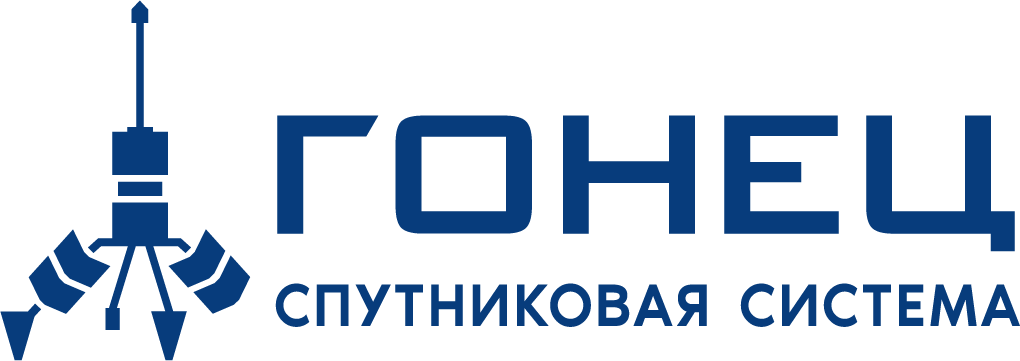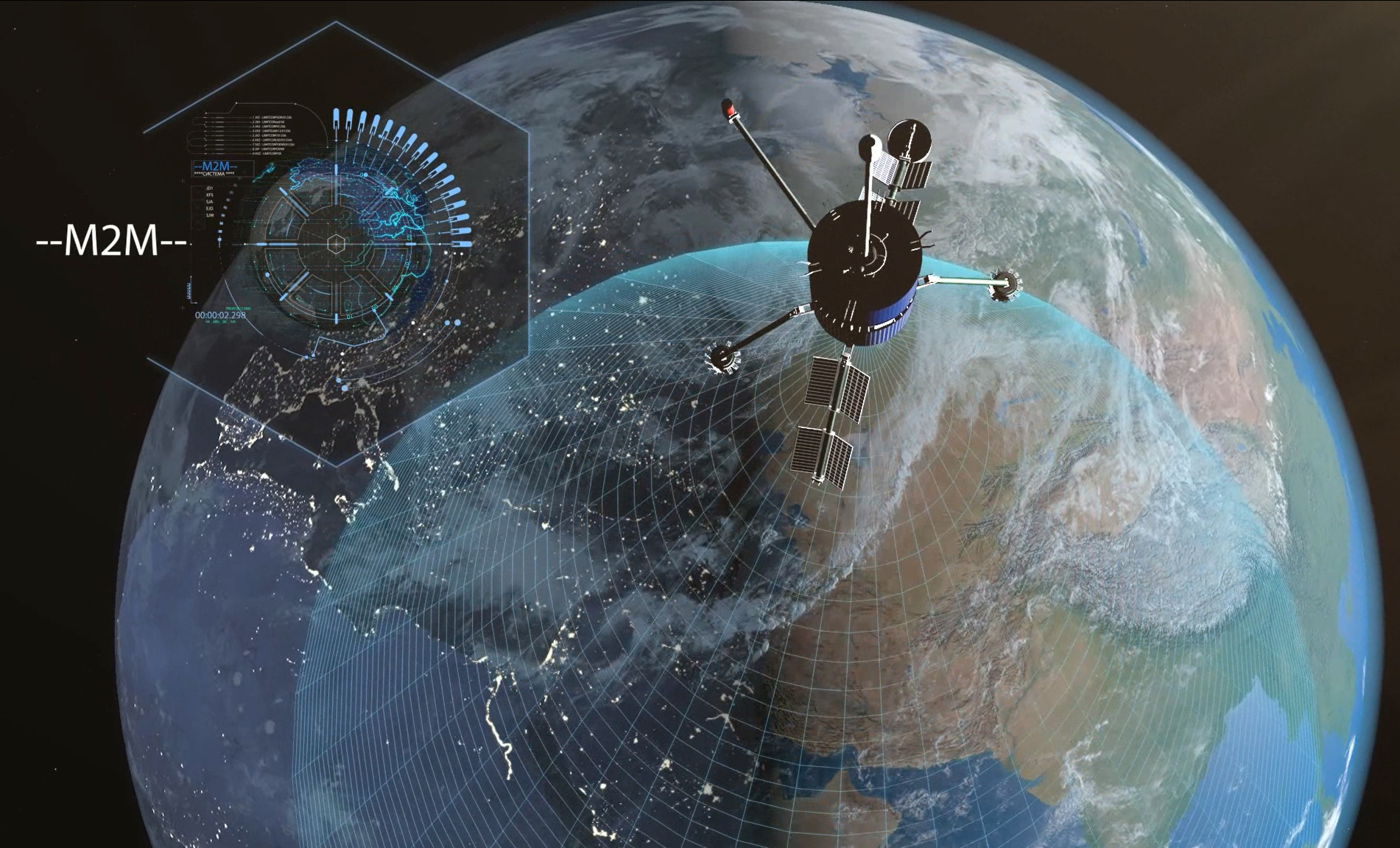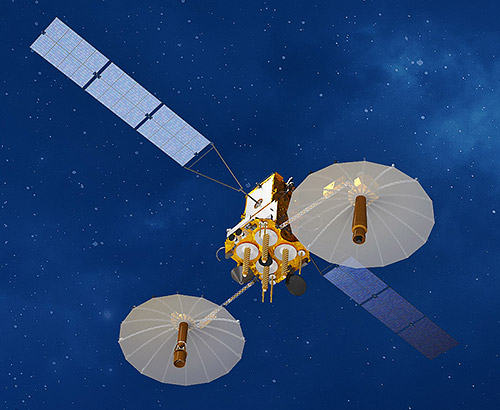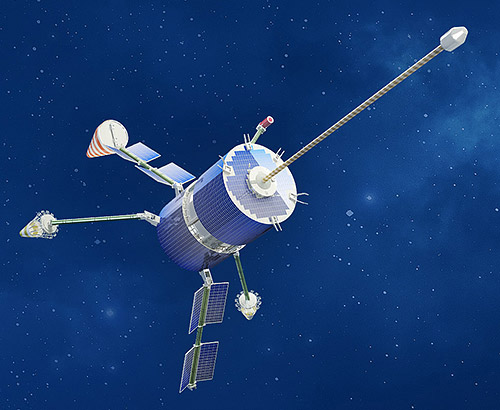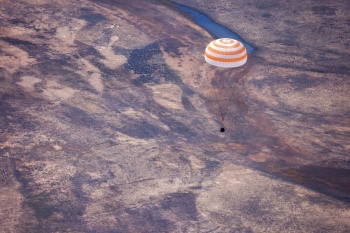JSC "Gonets Satellite System" took an active part in the historic mission – the launch of the Russian-European research spacecraft "ExoMars-2016" to Mars, the purpose of which is to search the Marsian atmosphere for traces of methane and other gases that may be signs of biological and endogenous geological processes. The successful launch of the ExoMars-2016 spacecraft on March 14 of this year from the Baikonur cosmodrome was broadcast by means of the Gonets Satellite System. The company used the channels and subscriber equipment of the Multifunctional Space Relay System (MSRS) "Loutch" for this purpose. You can watch the report on the launch here.
A high-speed data transmission channel was organized especially for the media representatives who covered the launch of the mission via the "Loutch-5V" relay satellite. This made it possible for all journalists to broadcast online to the Ostankino TV center and their editorial offices.
In addition to the broadcast, during the launch of "Proton" at the observation post of the cosmodrome, Internet access was established through the"Luch" system. Thanks to this, employees of the rocket and space industry, guests from Europe and media representatives could freely use the Network via Wi-Fi connections directly at the observation post.
On the eve of the launch of ExoMars-2016, on March 13, Deputy General Director of the State Corporation Roscosmos Mikhail Khaylov came to check the preparation and performance of the Luch system on the spot.
The successful information support of the ExoMars-2016 launch once again confirms the broad capabilities of the Loutch-5V to provide retransmission services and Internet access channels at spaceports and other strategic facilities at any point.
The Loutch system is designed to provide communication with manned and automated low-orbit space technology objects moving outside the radio visibility zones from the territory of Russia, including the Russian segment of the ISS. Its tasks also include receiving and transmitting signals from the beacons of the international search and rescue system COSPAS-SARSAT, collecting and transmitting data from the stations of Roshydromet, relaying signals to consumers of the GLONASS navigation system, providing teleconferences and teleconferences between peripheral mobile stations and telecentres.
